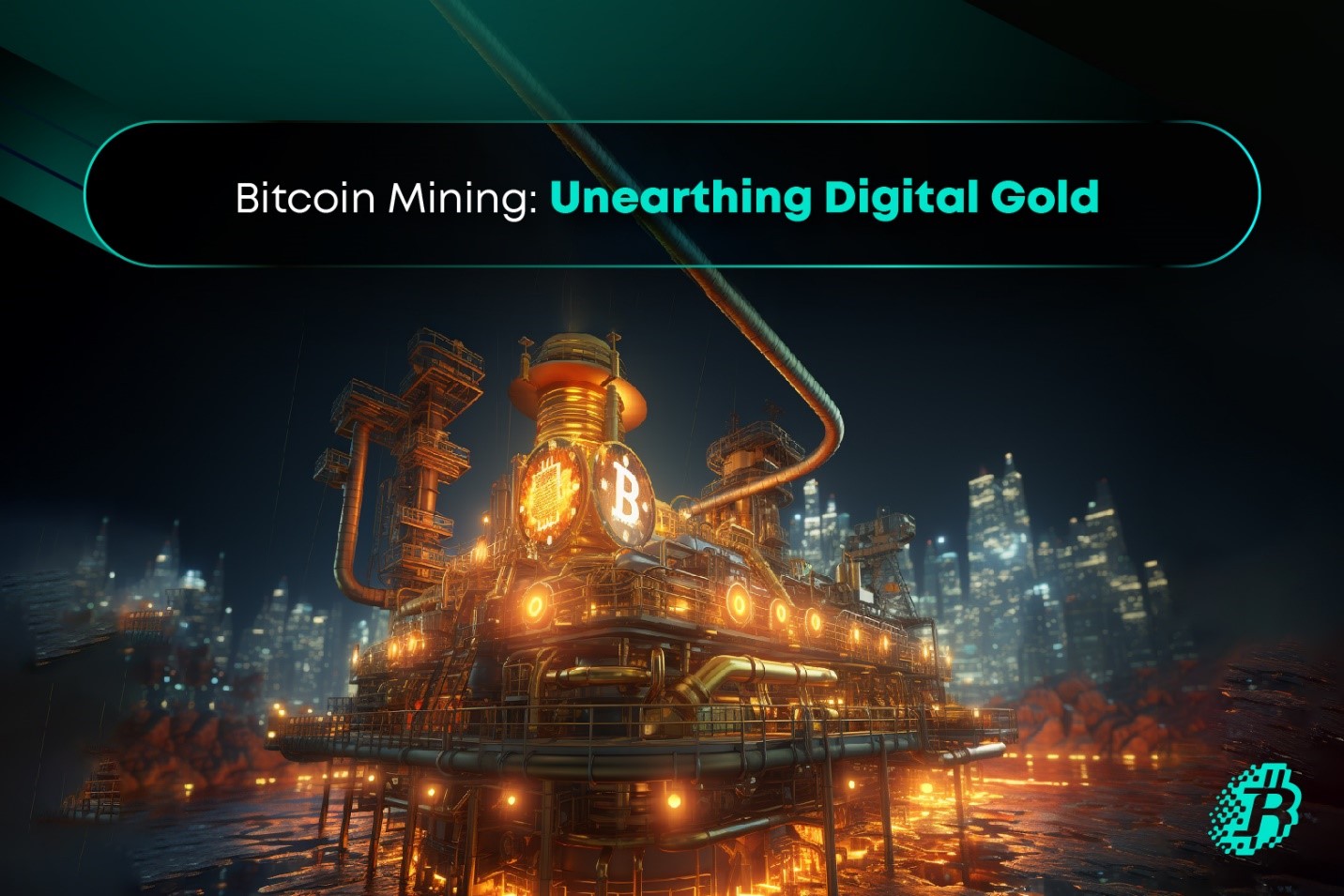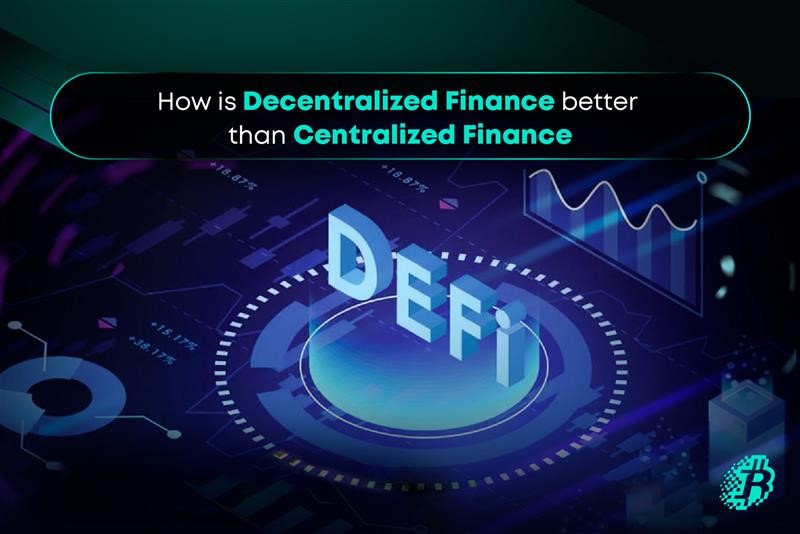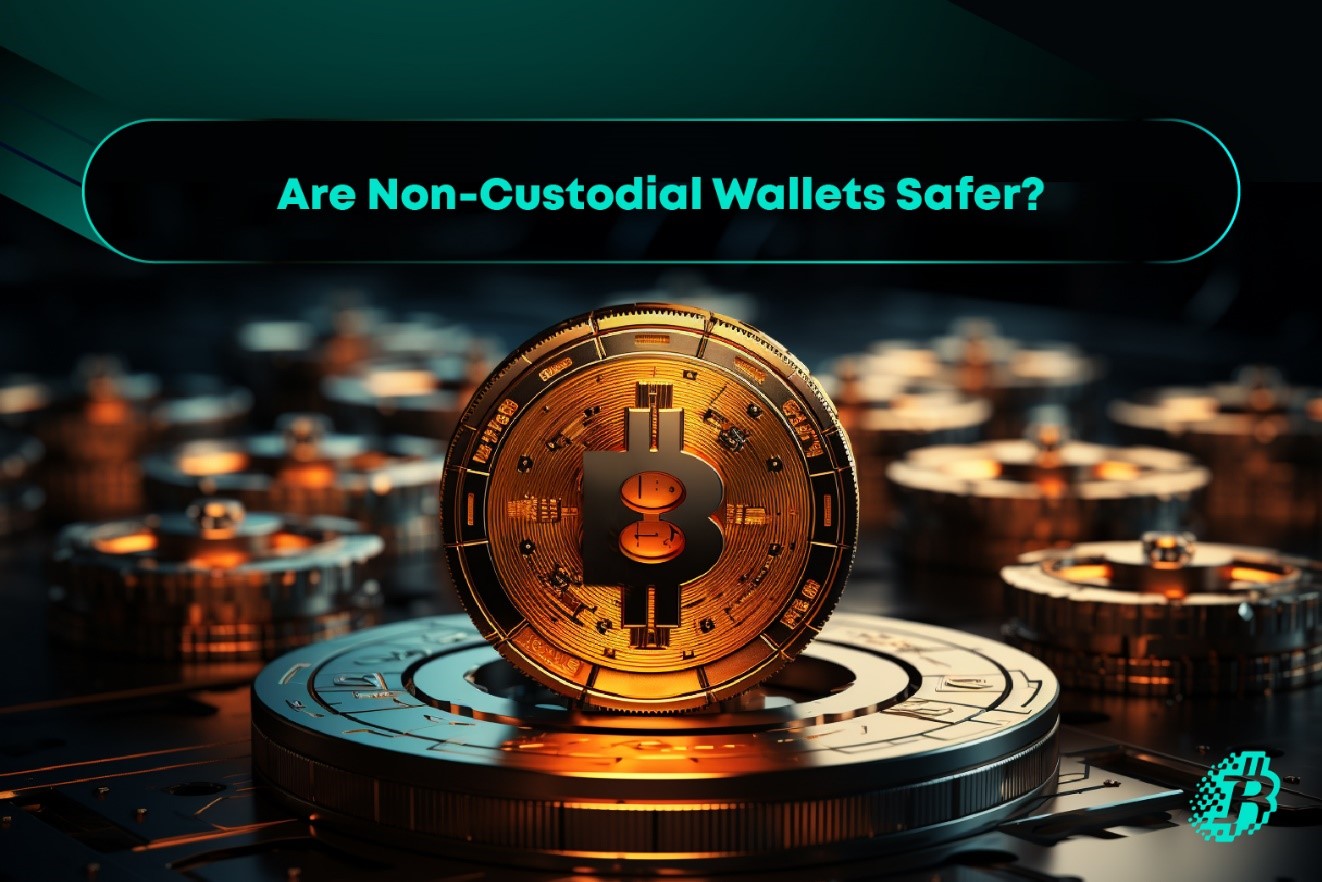Bitcoin Mining: Unearthing Digital Gold
Introduction
In the ever-evolving landscape of cryptocurrencies, one term that has captured the imagination of both tech enthusiasts and financial gurus alike is ‘Bitcoin mining’. While the concept might conjure images of miners with pickaxes delving into digital caverns, the reality is far more intricate and technological. In this comprehensive guide, we will delve deep into the world of Bitcoin mining, exploring its essence, processes, significance, and the environmental concerns surrounding it.
What is Bitcoin Mining?
Bitcoin mining is the foundational process that underpins the entire Bitcoin network. It serves two crucial purposes: validating transactions on the network and issuing new bitcoins into circulation. In essence, miners are the backbone of the decentralized and trustless system that makes cryptocurrencies like Bitcoin possible.
How Does Bitcoin Mining Work?
At its core, Bitcoin mining involves solving complex mathematical puzzles to validate and record transactions on the blockchain. Miners compete to solve these puzzles using powerful computers known as mining rigs. The first miner to solve the puzzle gets to add a new block of transactions to the blockchain and is rewarded with a set amount of newly minted bitcoins and transaction fees.
The puzzle-solving process, known as Proof of Work (PoW), demands significant computational power and energy consumption. Miners must generate a "hash" that matches specific criteria set by the network. This criterion is adjusted regularly to maintain a consistent block time of approximately 10 minutes. As more miners join the network, the competition intensifies, making it harder to solve the puzzle.
Mining Equipment and Pools
Bitcoin mining requires specialized hardware to handle the intense computational requirements. Early on, miners used standard CPUs, but this was soon replaced by GPUs (Graphics Processing Units) for improved efficiency. Today, dedicated ASICs (Application-Specific Integrated Circuits) are the preferred choice due to their unparalleled processing power and energy efficiency.
To counter the increasing difficulty and resource requirements of solo mining, miners often join mining pools. These pools combine their computational power to increase their chances of solving the puzzle and receiving rewards. The rewards are then distributed among the pool members based on their contributed computing power.
Environmental Concerns
While Bitcoin mining has revolutionized the financial landscape, it has also garnered criticism for its environmental impact. The energy consumption associated with mining has raised concerns about carbon emissions and sustainability. A significant portion of mining operations occurs in regions where electricity is generated from non-renewable sources, exacerbating the issue.
Efforts are being made to address these concerns. Some mining operations are relocating to regions with abundant renewable energy sources, such as hydroelectric or solar power. Additionally, there is ongoing research into alternative consensus mechanisms, like Proof of Stake (PoS), which require significantly less energy compared to PoW.
The Future of Bitcoin Mining
As the cryptocurrency ecosystem continues to evolve, so too does the landscape of Bitcoin mining. As more bitcoins are mined, the block rewards decrease over time through a process known as the ‘halving,’ which occurs approximately every four years. This scarcity mechanism mirrors the properties of precious metals like gold.
Furthermore, advancements in technology may lead to more energy-efficient mining processes, and the adoption of PoS or other consensus mechanisms could reshape the entire mining industry.
Now, Mining Race is introducing the first-of-its-kind ‘community mining’ platform where miners can earn more together rather than solo mining.
Conclusion
Bitcoin mining is a captivating blend of cutting-edge technology, complex algorithms, and economic incentives. It plays a pivotal role in maintaining the integrity and security of the Bitcoin network while serving as a mechanism for distributing new bitcoins. However, the environmental concerns associated with its energy consumption highlight the need for continual innovation and sustainable practices within the mining community.
As the cryptocurrency landscape continues to evolve, it will be fascinating to witness how Bitcoin mining adapts and transforms, shaping the future of digital finance and decentralization.




